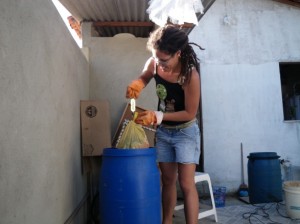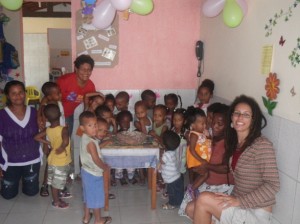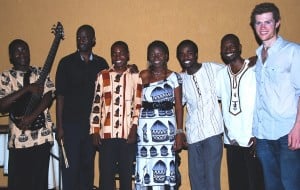| March 1, 2012
Online application deadline for all candidates (Enrolled and At-Large) |
Fulbright-mtvU Online Application Timeline |
| The online application for ALL applicants must be submitted electronically by 5:00 p.m. Eastern time on Thursday, March 1, 2012. For your records, be sure to print out a hard copy before submitting the application electronically. | |
| You will receive an email confirmation from the Embark Fulbright Online Application System when you complete all the steps leading to the electronic submission of the application. Failure to electronically submit your application by the deadline will result in the disqualification of your application. | |
| DO NOT WAIT UNTIL THE LAST MINUTE TO ELECTRONICALLY SUBMIT YOUR APPLICATION. The system for both applicants and References/Evaluations will shut down at the time indicated. Plan to complete submission well in advance of the deadline. | |
| March-April 2012
Stage 1 Application Review |
Applications are reviewed by committees in the United States. Results are collated and panels of recommended candidates for each country receiving Fulbright U.S. Student grantees are compiled. |
| April 2012
Stage 2 Review Begins |
Applications of recommended candidates are transmitted to the supervising agencies abroad, to the U.S. State Department and the J. William Fulbright Foreign Scholarship Board (FSB) for further review. |
| April, 2012
Stage 1 Decision Notification |
Applicants in the 2012-2013 competition will receive email notification indicating whether or not they have been recommended to the host country. |
| May- June 2012
Stage 2 Notification |
As results of the selection and approval process are received, recommended candidates will be notified of their status:
|
| May- June 2012
Selected candidates |
|
| July/August 2012
Mandatory Pre-Departure Orientation |
Mandatory Pre-departure Orientation Meetings in New York, NY. Attendance is mandatory and is a condition of receiving a grant. |
| July 2012 to March 2013
Grants begin |
Grantees may begin their grants with host country concurrence. Consult the Country Summary for specific restrictions on grant dates. Grant start dates may not be postponed beyond March 31, 2013. |
Last Minute Tips:
- In addition to the Statement of Grant Purpose and the Personal Statement, be sure to complete and upload the mtvU Documentation and Outreach Plan.
- Review country summary for the host country to which you are applying to ensure you meet the country specific requirements.
- If applying as a Creative and Performing Arts candidate, be sure to submit supplementary materials via mail by March 1st.
- Monitor your application and follow up with your recommenders and language evaluator(s) to make sure that they upload their documents to your application by 5:00 p.m., March 1st.
- Make sure to upload all of your transcripts. Graduate students will need to submit both undergrad and graduate transcripts.
- Community engagement is important in the Fulbright Program and even more so for Fulbright-mtvU.



